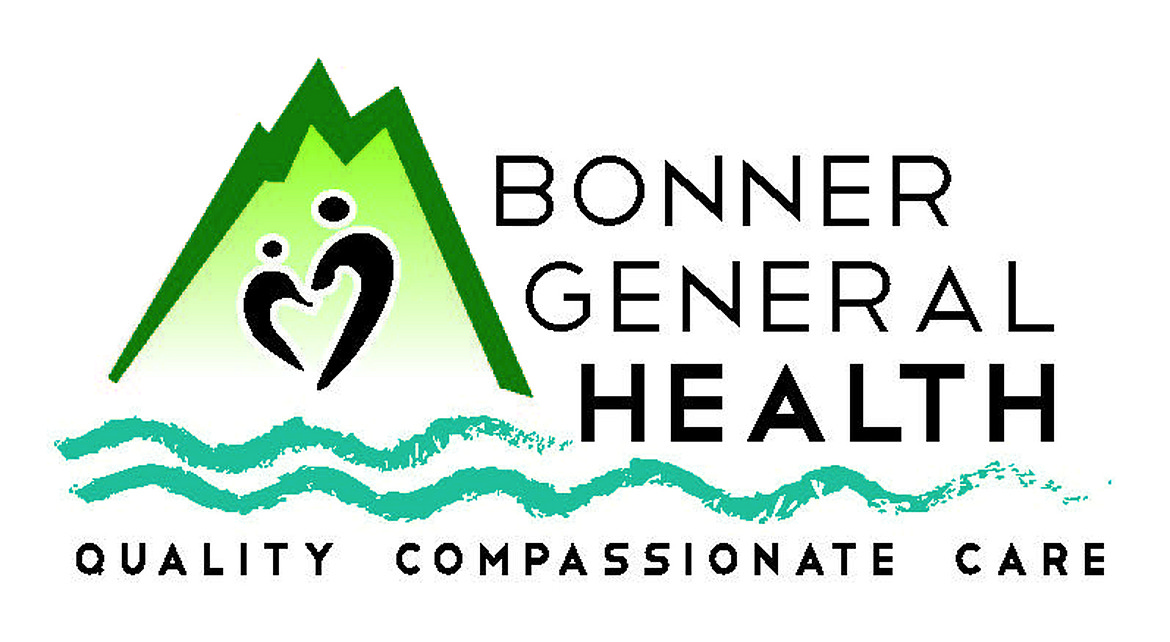Dental health affects digestion and vice versa
Your oral health connects to other parts of your body, and in turn, your digestive system can affect your oral health. For instance, stomach problems can show up as oral sores. The bacteria called H. pylori that causes stomach ulcers can migrate to your mouth and affect gum tissues which may then cause bad breath.
Poor oral health contributes to a variety of diseases. Mayo Clinic says that “endocarditis, an infection of the lining of your heart chambers or valves (endocardium) typically occurs when bacteria or other germs from another part of your body, such as your mouth, spread through your bloodstream and attach to certain areas in your heart.”
Heart disease, clogged arteries, and stroke may be linked to inflammation and infections that oral bacteria can cause. Mayo also says that periodontitis can be blamed for pregnancy and birth complications, including premature birth and low birth weight.
“Certain bacteria in your mouth can be pulled into your lungs, causing pneumonia and other respiratory diseases,” they say.
Certain conditions might affect your oral health. Since diabetes reduces the body’s resistance to infection, it may put your gums at risk for disease. Osteoporosis is linked to bone loss and tooth loss. As Alzheimer’s progresses, patients are seen having worsening oral health. And, eating disorders, rheumatoid arthritis, certain cancers, and an immune system disorder, Sjogren’s syndrome, are sometimes linked to oral health.
A dental office in Durham, North Carolina, Vanyo Dentistry, has an impressive website. They explain how people can develop oral problems due to gastrointestinal issues.
“Stomach issues can trigger bad breath in several ways. For example, you might suffer indigestion if food remains in your stomach and goes bad before complete digestion. The smell from the foul food can back up and show up in your mouth as bad breath. In such a case, regular oral hygiene measures such as brushing and flossing won’t usually cure your bad breath,” they say.
People who suffer from gastroesophageal reflux disease (GERD) may experience tooth enamel erosion. “Your stomach’s contents are usually acidic. Thus, your stomach contents can dissolve your teeth if the contents get to your mouth,” Vanyo explains. They also say that some medications for peptic ulcers and inflammatory bowel disease can affect your oral health.
Digestion starts the minute you put food or drink into your mouth. Actually, your mouth may begin to water or technically jump-start your salivary glands at the mere sight of food. These glands are critical because they break down the food as you’re chewing. They also help break down starches and fats while lubricating the passage to the esophagus and stomach.
You know that you should brush your teeth twice a day for two minutes, floss at least once a day, use a mouthwash to remove leftover food particles, eat a healthy diet, replace your toothbrush every three to four months, avoid tobacco and have regular dental checkups and cleanings.
You’ll want to tell your dentist if any of your medications have changed, and you’ll want to tell your primary caregiver about any dental issues you’ve experienced. Remember, you’re the star of your healthcare team.
And, as a star, you can probably answer the question: should you brush your teeth before or after breakfast? I’ll tell you that after reading a whole lot about that question, the answer isn’t definitive.
Healthline says that “while you sleep, plaque-causing bacteria in your mouth multiply. (You know, morning breath.) Washing those bacteria right out with a fluoride toothpaste rids your teeth of plaque and bacteria and it also coats your enamel with a protective barrier against acid in your food. When you brush first thing in the morning, you also jump-start your saliva production.”
If you prefer to brush after breakfast, there are some things you need to be aware of. Healthline explains, “Brushing immediately after eating breakfast may actually cover your teeth with remnants of acidic food, which weakens your enamel. Breakfast staples are some of the worst foods for your tooth enamel including orange juice, citrus and dried fruit, bread, pastries.”
Healthline suggests waiting 30 minutes after eating. The American Dental Association recommends waiting 60 minutes before you brush. In the meantime, swish with water or chew sugar-free gum.
Kathy Hubbard is a member of the Bonner General Health Foundation Advisory Council. She can be reached at kathyleehubbard@yahoo.com.



